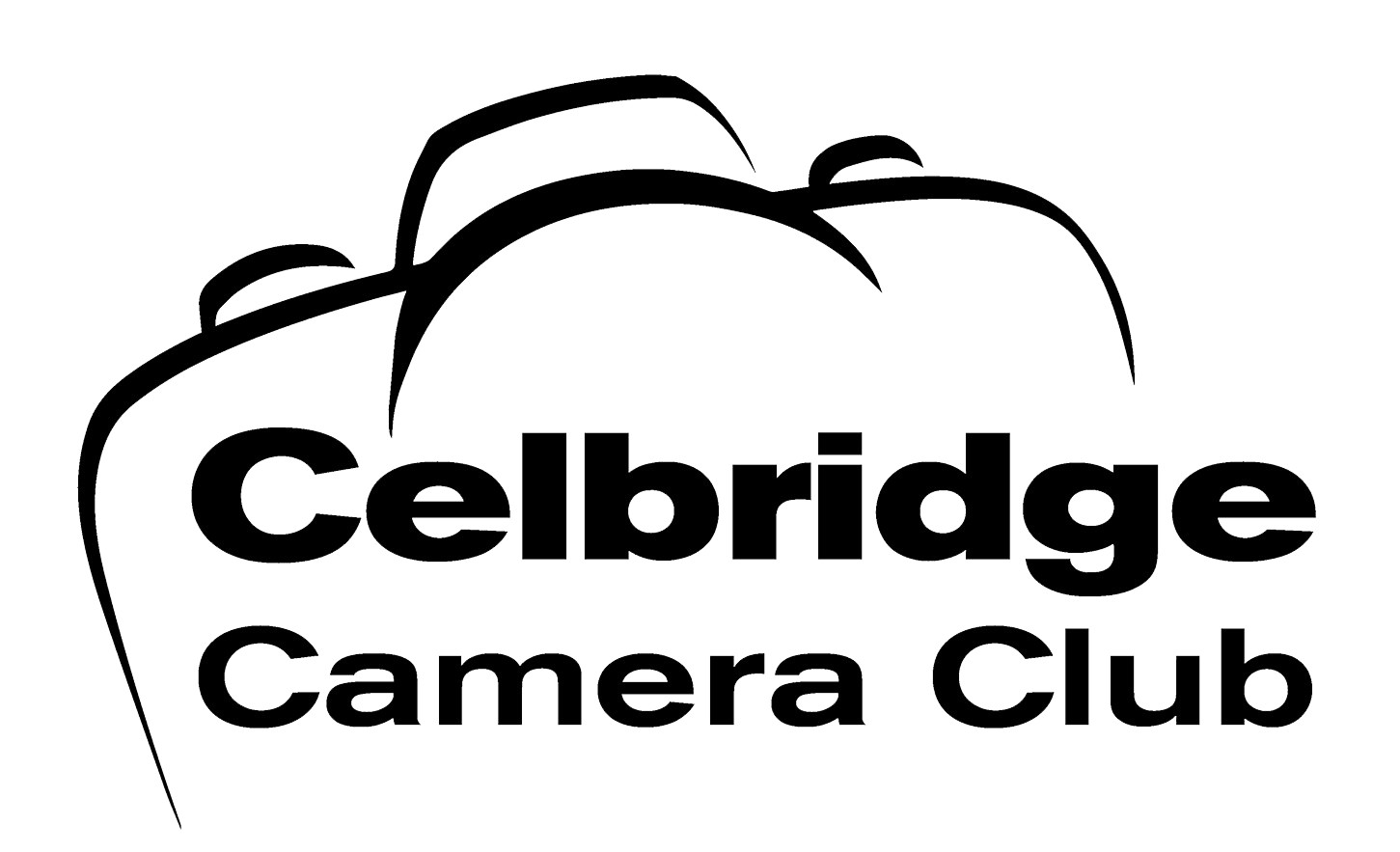Nature competitions
Michael Linehan - Kingfisher
Format and Scoring for the Club Nature Competition
The nature competition is a one round competition (unlike the league). Each entrant can enter up to 6 images.
Images must adhere to the FIAP definition for nature images as given below.
The following prizes will be awarded:
- Gold, Silver and Bronze medals for the non-advanced portfolio
- Gold, Silver and Bronze medals for the advanced portfolio
- A trophy for the best non-advanced portfolio
- A trophy for the best advanced portfolio
- A trophy and gold medal for the best overall image.
Images are scored out of 50 marks.
The best portfolio prizes are given to those photographers with the highest combined total in each of the non-advanced and advanced sections respectively. Therefore, to win a best portfolio prize you really need to enter 6 images.
In the event of a tie for any award, the judge will be asked to pick the portfolio or image that receives the award.
Remember also that any images entered in the Nature competition can also be entered in the POTY league competition, and all images entered are also available for selection to be entered in external competitions.
FIAP Rules
- Nature photography records all branches of natural history except anthropology and archaeology. This
includes all aspects of the physical world, both animate and inanimate, that have not been made or modified
by humans. - Nature images must convey the truth of the scene that was photographed. A well-informed person should be
able to identify the subject of the image and be satisfied that it has been presented honestly and that no
unethical practices have been used to control the subject or capture the image. Images that directly or
indirectly show any human activity that threatens the life or welfare of a living organism are not allowed. - The most important part of a Nature image is the nature story it tells.
- High technical standards are expected, and the image must look natural. Adding a vignette or blurring the
background during processing is not allowed. - Objects created by humans, and evidence of human activity, are allowed in Nature images only when they
are a necessary part of the Nature story. - Photographs of human-created hybrid plants, cultivated plants, feral animals, domesticated animals, human
created hybrid animals and mounted or preserved zoological specimens are not allowed. - Images taken with subjects under controlled conditions, such as zoos, are allowed.
- Controlling live subjects by chilling, anaesthetic or any other method of restricting natural movement for the
purpose of a photograph is not allowed. - No modification that changes the truth of a Nature image is allowed. Images may be cropped but no other
technique that removes, adds or moves any part of the image is allowed. - Techniques that remove elements added by the camera, such as dust spots, digital noise and lens flare are
allowed. - Complete conversion of colour images to greyscale monochrome is allowed. Partial conversion, toning and
infrared captures or conversions are not allowed. - Images of the same subject that are combined in camera or with software by focus stacking or exposure
blending are allowed. Multiple images with overlapping fields of view that are taken consecutively and
combined in camera or with software (image stitching) are allowed.
